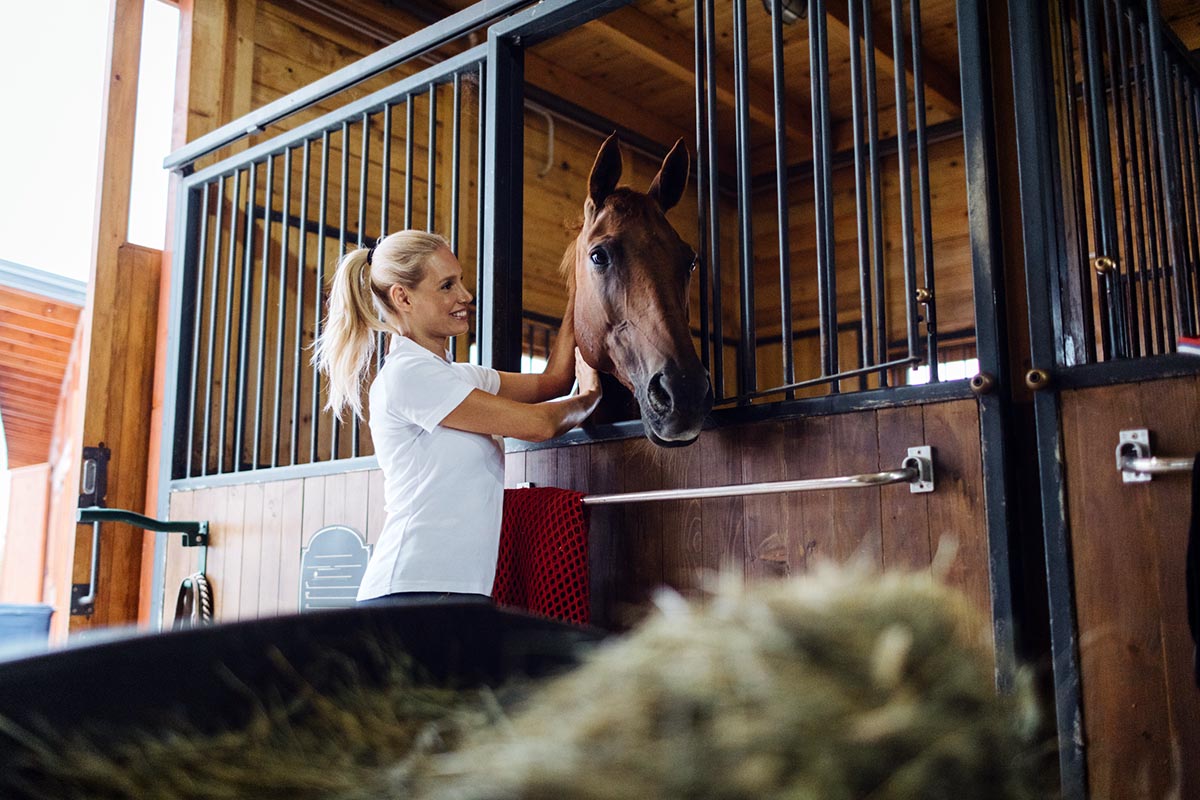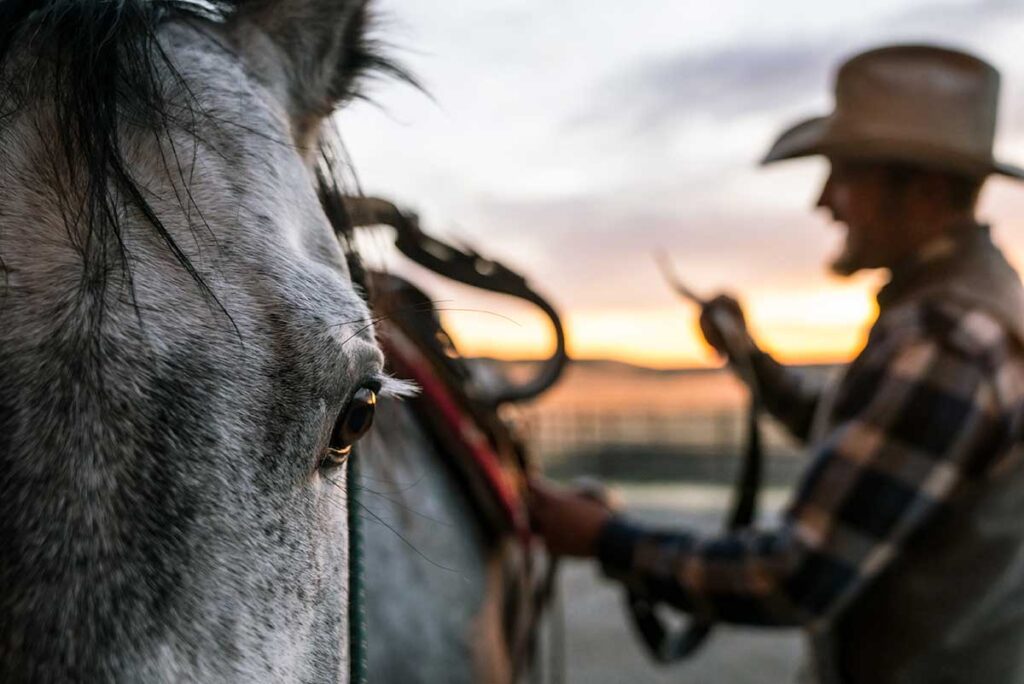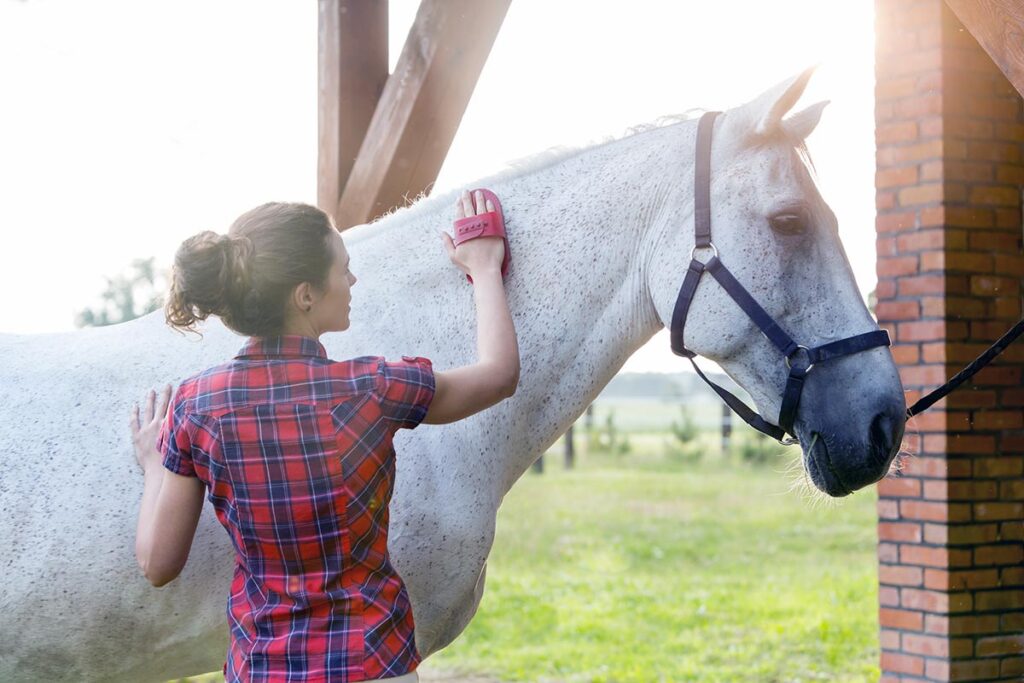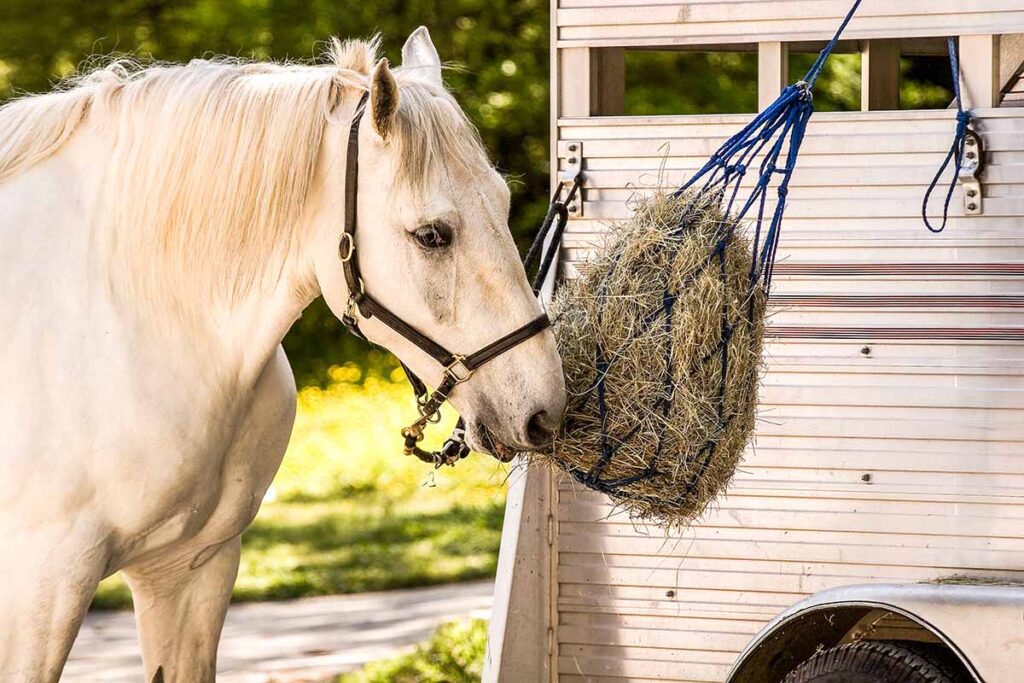Horse ownership is a dream come true for many, but it’s also a significant financial commitment. From feed to veterinary bills, costs can mount up quickly, and it can be challenging to stick to your budget. That’s why we’ve put together this list of cost-saving tips for horse owners. Hopefully, they can help you save a few bucks while still providing your horse with excellent care.
1. Create a Budget
The first step in controlling your horse ownership costs is to create a budget. Allocate a certain percentage of your income to horse-related expenses—feed, bedding, barn supplies, lessons, veterinary care—each month. Use a spreadsheet or a budgeting app to track your expenditures and avoid overspending. Your goal is to cut down on unnecessary expenses and prioritize necessary ones.
2. Shop Smart
Savvy shoppers can find a variety of discounts on horse-related items, from equipment to feed. Look for promo codes and deals, seasonal sales, and online vendors offering free shipping. Shop for seasonal items off-season, such as buying fly spray during winter and blankets in summer. When it comes to hay, consider talking to local farmers and gauging times of the year when prices tend to be lower, allowing you to stock up at a lower price.
3. Buy in Bulk
Feed, hay, and bedding are consistent (and significant) expenses when it comes to horse ownership. You can often reduce your overall expenditures in these areas, however, but buying in bulk. Instead of purchasing individual bags or bales at full price throughout the month, buy large quantities that can last several weeks. Only buy as much hay or feed as you can reasonably use before it goes bad, though.
4. Reduce Waste
Maximize your feed, hay, and shavings so you can be sure you’re getting your money’s worth. For example, extend bedding life by carefully cleaning out manure piles and urine spots and respreading the shavings daily. And remember, fluffy, foot-deep shavings are a luxury, not a necessity—particularly if your stalls also have mats.
When feeding, weigh or measure each ration instead of just eyeballing it. Keep grain and supplements in rodent-proof containers, and monitor their use. Cost-saving tips for horse owners include storing your hay out of the wind—it’s surprising how much blows away on a gusty day—and retying bales every time you get a flake. Consider offering your horse’s hay in a net or a feeder to minimize wasted forage.
5. Stay on Top of Preventive Care

Preventing health problems is always more cost-effective than treating them. Make sure you are providing your horse with regular preventive care, including vaccinations, farriery, and deworming, to keep him healthy. That being said, some horses require fewer vaccines than others. For instance, horses that never leave home don’t need as many as show horses do. Ask your veterinarian which vaccines are appropriate for your horse.
Also, don’t ignore small problems. Putting off a farrier or veterinary call today could lead to a bigger bill tomorrow. If a horse seems to be having trouble chewing, for instance, your veterinarian can correct a dental issue before weight loss or compromised health results. Of course, calling the vet during normal business hours is always cheaper—so be rational about what you declare an “emergency.”
6. Share Expenses
Sharing horse ownership expenses with others can be a great way to save money. Consider splitting the cost of bulk feed or bedding or veterinary farm call fees with a friend or other horse owner. Also, horse owners can split the cost of a training clinic, group riding lessons, or horse shipping.
7. Rethink Your Boarding Situation
If your horse is in a full-service boarding program, consider whether a partial- or self-care option might work better for you and your bank account. You might also ask the barn manager whether you can trade labor, such as mucking stalls, grooming horses, turning out and feeding, or doing property maintenance, for boarding fees. Some stables are willing to reduce board in exchange for help with chores.
8. Save Energy
Use electricity and water conservatively to keep your barn utility bills down. Switch to energy-efficient light bulbs. Some energy commissions will come to your property, evaluate your energy use, and offer cost-saving solutions. If you keep your horse at home, contact your local organization to find out if this is an option.
9. Look After Your Gear
Keep your tack and equipment in good condition so it lasts for years to come and doesn’t need replacing as quickly. Store your belongings, for instance, in a dry, climate-controlled area. Keep tack clean and conditioned, and repair small tears in blankets before they become big ones.
10. Increase Turnout Time
Keep your horse outdoors as much as possible to reduce hay and bedding costs as well as time spent cleaning stalls. A field with a well-built, three-sided run-in shed can provide adequate shelter in all seasons. Plus, your horse will enjoy more fresh air and room to move. If your horse lives outside and you feed a high-quality hay, he might not even need supplemental grain—more cost savings!
Take-Home Message
See? With these cost-saving tips for horse owners, you can give your horse the best care possible without overspending. Create a budget, shop smart, DIY where possible, cost-share, and schedule preventive care so you can enjoy the rewards of owning a horse while keeping your expenses under control.
Are you enjoying this content? Sign up for My New Horse’s FREE newsletter to get the latest horse owner info and fun facts delivered straight to your inbox!








